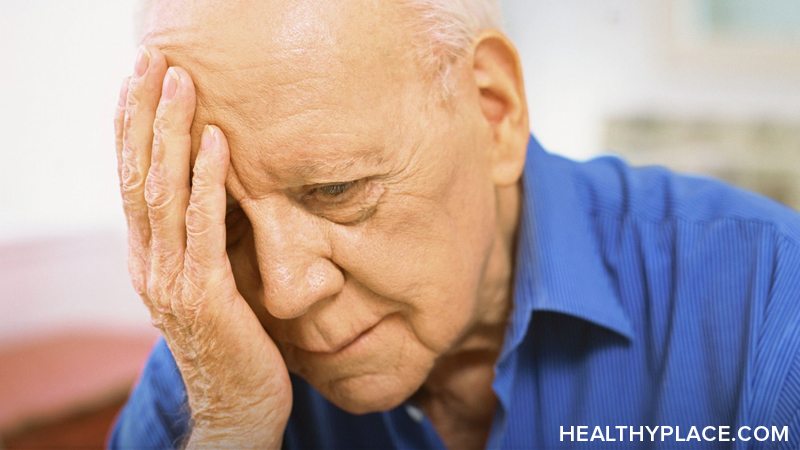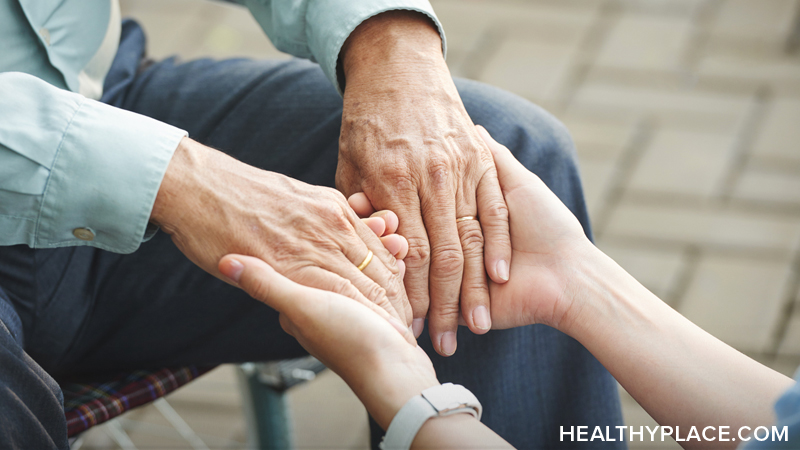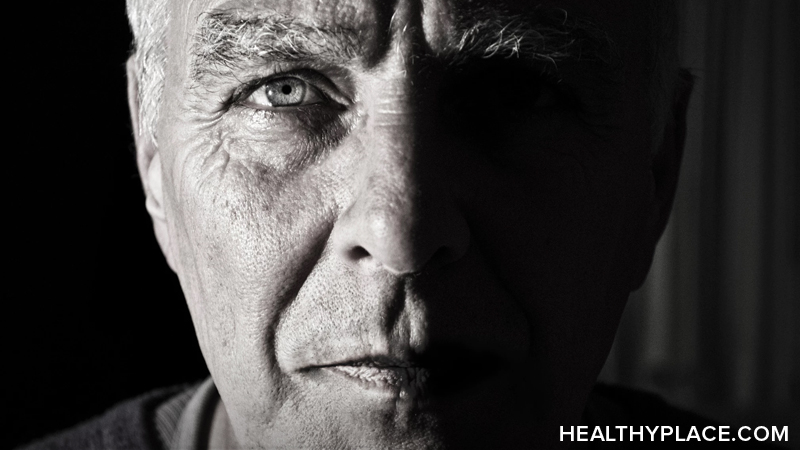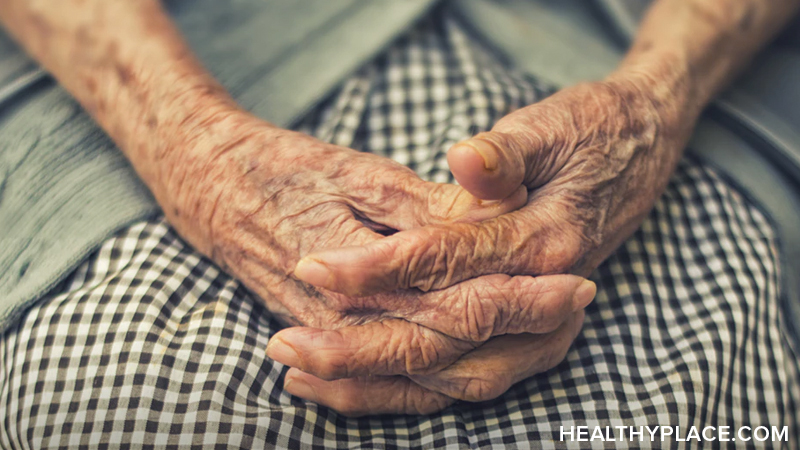Parkinson’s Disease and Anxiety: Causes and Treatments

It's no surprise that Parkinson's disease (PD) and anxiety go hand-in-hand. However, the level of anxiety in a person with PD does not always correspond with their degree of illness or disability. It's easy to assume that anxiety is just another offshoot of Parkinson's disease and a result of the emotional challenges of a long-term illness. However, Parkinson's disease anxiety is not just feeling nervous or unsure about your condition; it is a clinical syndrome that deserves proper recognition and treatment.
Parkinson’s Disease and Anxiety: Why Does Anxiety Happen?
People with Parkinson's disease experience a number of different symptoms. As well as tremor, rigidity and slow movement, many PD patients feel depressed or anxious and struggle with the emotional impact of their illness.
Around 31% of people with Parkinson’s disease will experience significant symptoms of anxiety. Those with early-onset Parkinson’s (PD diagnosed before the age of 60) are thought to have a higher risk of developing anxiety than older patients. It’s unclear whether this occurs due to chemical changes in the brain, Parkinson's medication side-effects or a combination of social, environmental and genetic factors, though scientists are devoting more research to this area.
According to Richard Brown, Professor of Neuropsychology and Clinical Neuroscience at King’s College London:
“Anxiety, like all behavior and emotion, is ultimately controlled by our brain. Anxiety is related to a complex set of brain areas and chemicals, many of which are affected in Parkinson’s.”
There is no cure-all treatment for anxiety stemming from Parkinson's disease because the cause of anxiety in PD is difficult to determine. If you experience anxiety with Parkinson's disease, your doctor will suggest appropriate treatment that takes all of your PD symptoms (motor and non-motor) into account.
What are the Symptoms of Parkinson’s Disease Anxiety?
Depression and anxiety with or without Parkinson's disease can be debilitating. You may suffer from a "loop" of anxious thoughts about your illness or the future, or you may find yourself experiencing panic attacks or feeling afraid to go outside. You may also have a negative view of the world and your place in it.
While it's normal to feel some degree of worry when you are diagnosed with Parkinson's disease, persistent anxiety that doesn't go away when you relax may require treatment. Here are some of the most common Parkinson's disease and anxiety symptoms:
- Constant feelings of worry or dread
- Panic attacks characterized by heart palpitations, sweating, nausea and lightheadedness
- Feeling out of control or helpless
- Long, intense periods of unease
- Feeling unsafe for in normal situations
- Wanting to isolate yourself or being afraid to leave the house
- Avoiding certain situations because they trigger anxiety
Treatment for Parkinson’s Disease Anxiety and Panic Attacks
Depending on the severity of your anxiety and other health factors, your doctor may suggest one or more of the following treatment options:
- Relaxation and breathing exercises
- Support groups for Parkinson’s disease
- Anti-anxiety medications
- Therapy, such as one-to-one counseling or cognitive-behavioral therapy (CBT)
- Withdrawal of PD medications if anxiety is a side-effect
Although anxiety can be a major struggle for those with Parkinson’s disease, proper treatment can make everything feel a lot more manageable. Consult your doctor if you are experiencing Parkinson's disease and anxiety, even if your anxiety symptoms were present before your PD diagnosis.
APA Reference
Smith, E.
(2022, January 28). Parkinson’s Disease and Anxiety: Causes and Treatments, HealthyPlace. Retrieved
on 2025, November 11 from https://www.healthyplace.com/parkinsons-disease/effects/parkinsons-disease-and-anxiety-causes-and-treatments








